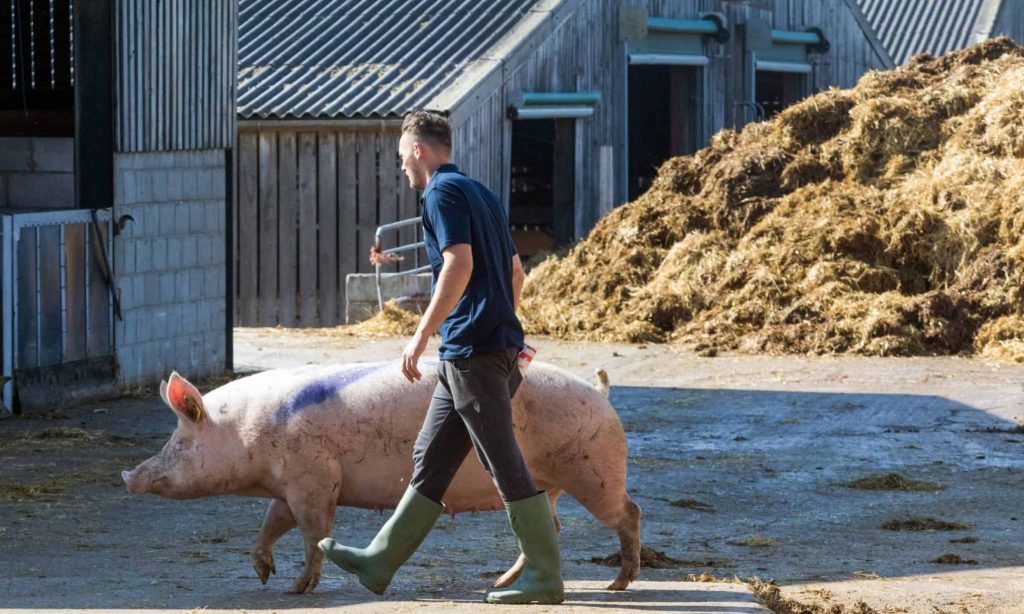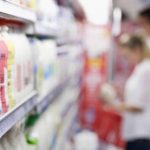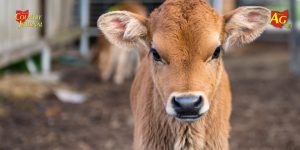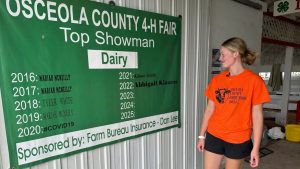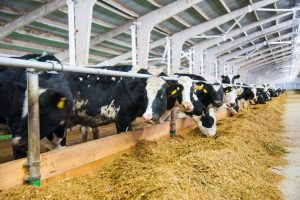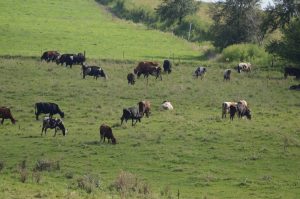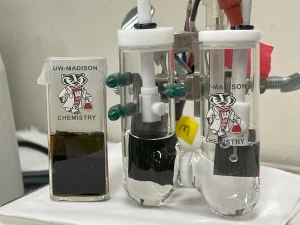
Forty of the world’s largest livestock producers may collectively see profits fall by almost $24 billion in 2030 from 2020 levels, as a result of climate change, according to an estimate by a large investor group known as FAIRR.
The forecast reduction in profits mainly reflects a jump in feed prices and carbon taxes. The group of 40 companies could see profit margins fall by 7%. Those in North America, including Tyson Foods Inc. and egg producer Cal-Maine Foods Inc., will be among the hardest hit as profit margins fall by 11% on average, the data indicate.
Other large meat producers such as Brazil’s JBS SA and China’s WH Group Ltd. also will be affected, according to FAIRR. Cows are the highest-emitting livestock, so companies producing beef and dairy are more exposed to carbon taxes, FAIRR said. The estimates are based on an assumption that average global temperatures will increase by 2C by 2100. Under this scenario, and without mitigation, half of the 40 livestock companies assessed would be operating at a loss in 2030.
“There’s a lot of value at risk,” said Maria Lettini, executive director of FAIRR, a nonprofit focusing on ESG risks in the global food sector with the backing of investors managing $70 trillion in assets. “We want investors to have a clear voice” when persuading meat producers to assess and manage the risks of higher temperatures on their supply chains and eventual profitability. FAIRR was founded by Jeremy Coller, chief investment of officer of UK private equity firm Coller Capital.
A recent report by the UN’s Intergovernmental Panel on Climate Change warned that it’s likely the world will exceed 1.5C of warming “in the near term.” Livestock producers are vulnerable because the supply of feed crops such as maize and soybeans can be affected by excess heat, drought and shifting rainfall patterns. Currently, only six of the 40 companies analyzed have carried out climate scenario analyses.
“Most companies don’t have a climate-scenario analysis,” said Tovia Rosner, an analyst for Allianz Global Investors’ Food Security Fund, which has $69 million of assets under management. “It’s something we’d definitely push for in our engagements.”
